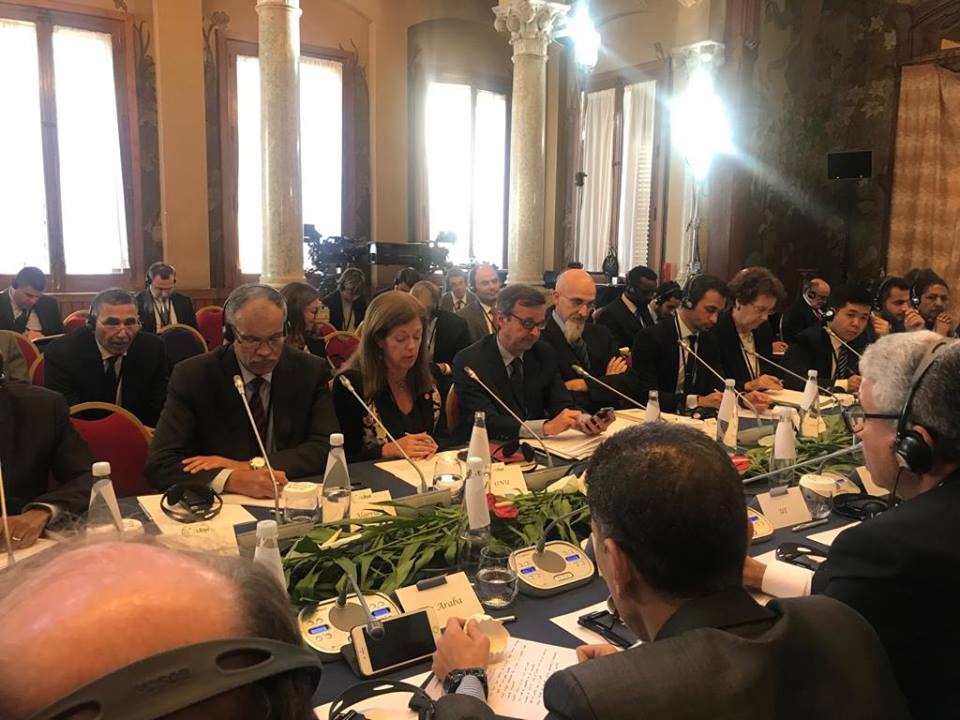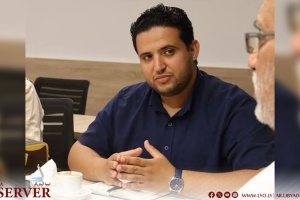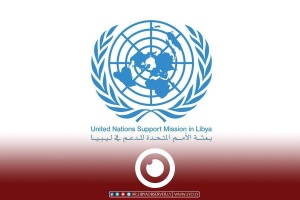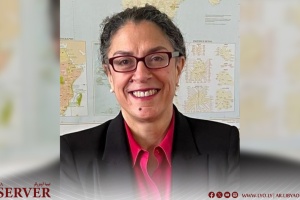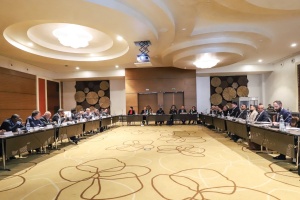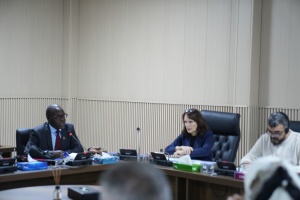The deputy head of UNSMIL for political affairs, Stephanie Williams, said at Palermo Conference Economic Working Group on Monday that the predatory behavior of armed groups, their exploitation of black market exchange rate system and government’s mismanagement of public finances were among drivers of recent Tripoli clashes.
Williams remarked at Palermo Conference that since the outbreak of violence in Tripoli, UNSMIL has relentlessly worked to challenge the status quo and push for measures that address political economy of predation.
She told attendees that Libyan parties to ceasefire agreement signed in Al-Zawiya committed to a series of long-awaited economic reforms.
“Since the announcement of economic measures, a positive trend has been marked of increasing currency amounts in bank account deposits and a drop in the black market exchange rate. More steps to be taken to sustain and continue reform measures in Libya.” Williams indicated.
The UNSMIL deputy head also stated that overarching the objective of financial audit review of the Central Bank of Libya’s branches is helpful to support the political process via facilitating reunification of parallel economic and financial entities across Libya.
She explained that such a step helps promote financial accountability and builds trust, while the review creates conditions conducive to unification of the Libyan split institutions.
Meanwhile, a House of Representatives member who is a staunch supporter of Khalifa Haftar withdrew from the economic meeting on Monday in protest of the UNSMIL and World Bank remarks.
Palermo Conference kicked off Monday with focus on economic and security reforms and will continue on Tuesday to deliver the final results of the discussions.

